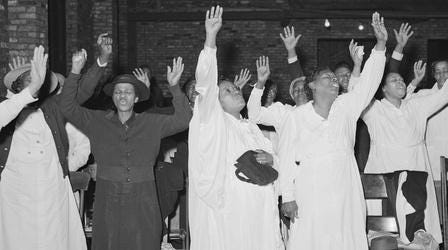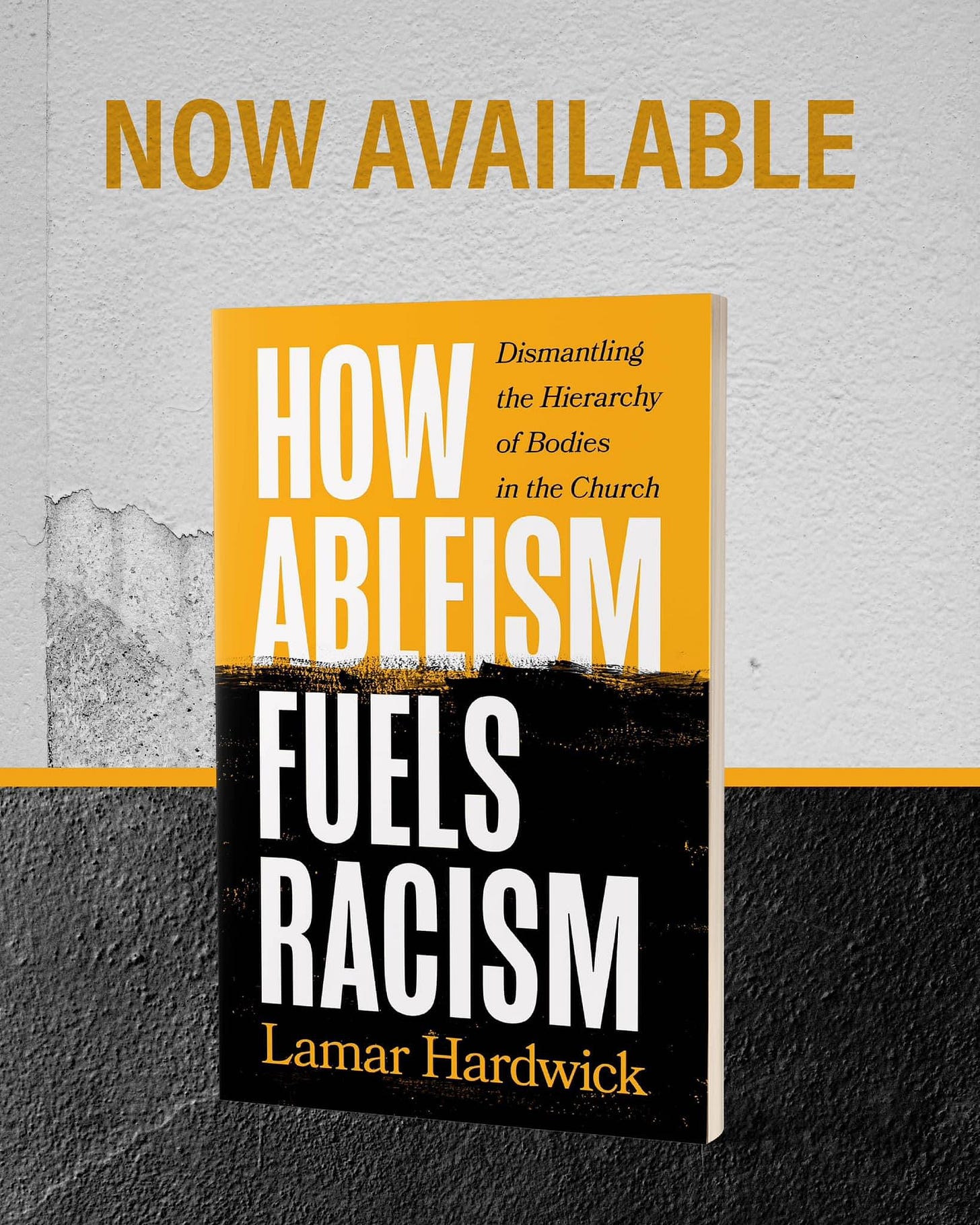Disability and The Black Church (An Excerpt)
Health, Wholeness, and African Traditional Religion
The following is a brief excerpt of a manuscript I’ve been working on about Disability and the historically Black Church in America.
*This post has not yet been edited for grammatical errors.
Adjustments and accommodations are an important part of the story of the development of the historically Black church in America. The way that enslaved Africans were able to adopt Christianity (although it is possible few had already had some contact with Christianity in their homeland), and eventually adjust their traditional religion to accommodate Christian ideals, they also had an approach to health, wellness, and wholeness that also played a role in the evolution of the Black church.
Health and wellness have been the pursuit of most cultures and most religions throughout history. Nearly every religious system has some form of guidance in their sacred texts and rites and rituals that point toward a life of health and wellness. The pursuit of health and wellness has been a mainstay in most cultures throughout the history of humankind yet while there is a universal pursuit for health and wellness, the definition of health, wellness, and wholeness often vastly differ between cultures and religions.
This is especially true of the differences in ideas about health and wholeness between most African cultures and religions.
Traditional African societies had their own unique culture and religion. Consequently, Africans had their unique perception about issues of health, wholeness, illness and death. What they believed to be the cause of disease and disharmony, how they also approached the promotion of health and harmony, how they experienced and expressed illness pain and disorientation of being, what therapeutic solution they sought and the places they sought these therapy where all determined by their culture of which religion was an integral part.1
Although enslaved Africans had to contend with many new ideals being forced upon them, the vast majority of Africans enslaved in America held to the idea of a supreme being, the supernatural and divine order, which in turn influenced their ideas about health. For many West African traditional religions, the idea of health and wellness leaned heavily on the communal nature of their religion. “Sickness in any individual in the African society is viewed as sickness to the entire community because of the communal system that is operated in Africa, thereby necessitating the healing of that community.”2
African culture and religion also held ideals about their connection to each other and to the world. They believed that all of life was interconnected, and that the world is united both spiritually and physically. For them, all of life is connected spiritually including the spirits of both the living and the dead. Health or wholeness was the product of maintaining harmony between the spirit(s) that impact life and well-being. With the emphasis of community and fluidity being a central aspect of defining health and wholeness in African traditional religion(s), the role of healing in African traditional religion takes on a much larger task than simply curing an individual. “To Africans, health and wholeness can only be attained when all issues that affect and influence man are addressed...” What this means for the historically Black church, is that ideas about health, wellness, chronic illness, and disability have been deeply informed by the views passed down through African traditional religion(s). 3
This ideology stands in contrast with the primary way that health and wellness is viewed in the Western world. While there have been significant changes in perceptions of health and wellness in the West and in Western Christianity, there is still a reality that deeply embedded ideals about health in early American history are still prevalent in definitions of health today. One of the ways we see this play out is by how definitions of disability in the West are still largely influenced by a focus on the individual rather than the community.
Works Cited
Ajima, O. G., & Ubana, E. U. (2018). The concept of health and wholeness in traditional African religion and social medicine. Arts and Social Sciences Journal, 09(04). https://doi.org/10.4172/2151-6200.1000388
Ibid





I'm looking forward to your next work, my friend. Write on! We need all God has put in your heart. Some day I hope you will write a memoir with your personal struggle, not only with racial prejudice in the south but also your battles with cancer. You are my hero.